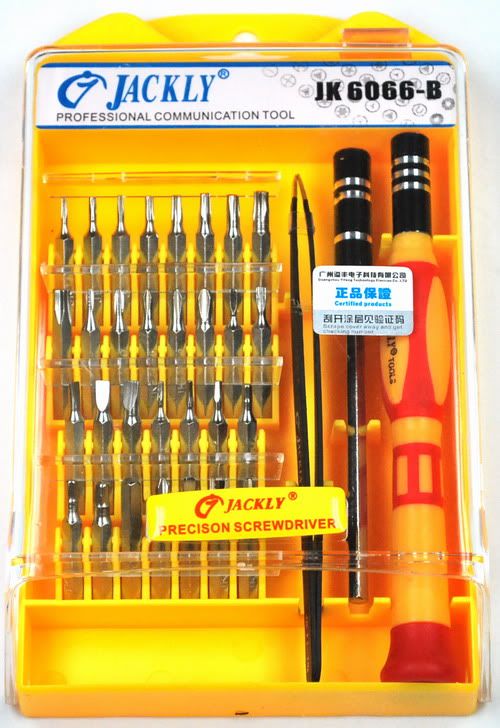abritdownunder
Member
Most of the people on this forum are 'old hands' at maintaining and repairing their vintage computers, and have probably built up a collection of tools to help them. I've just returned to the world of vintage computers, and although I do have a few simple tools (screwdriver, hammer, tube of superglue!) I don't really have a suitable toolkit.
I was in my local Dick Smith's the other day, and they sell a cheap computer toolkit, which has some strange looking instruments, I believe that some of them were really dental tools! These kits looked cheap, the tools looked like they'd break the first time they were used.
What would you recommend as a basic starting toolkit? What's in your computer tool box?
At the moment I have:
2 philips head screwdrivers (small and medium sized - magnetised head)
A fine point soldering iron
A solder sucker
Pair of needle-nose pliers
What do you think should be next on my shopping list? Any suggestions would be helpful.
Thanks,
I was in my local Dick Smith's the other day, and they sell a cheap computer toolkit, which has some strange looking instruments, I believe that some of them were really dental tools! These kits looked cheap, the tools looked like they'd break the first time they were used.
What would you recommend as a basic starting toolkit? What's in your computer tool box?
At the moment I have:
2 philips head screwdrivers (small and medium sized - magnetised head)
A fine point soldering iron
A solder sucker
Pair of needle-nose pliers
What do you think should be next on my shopping list? Any suggestions would be helpful.
Thanks,

